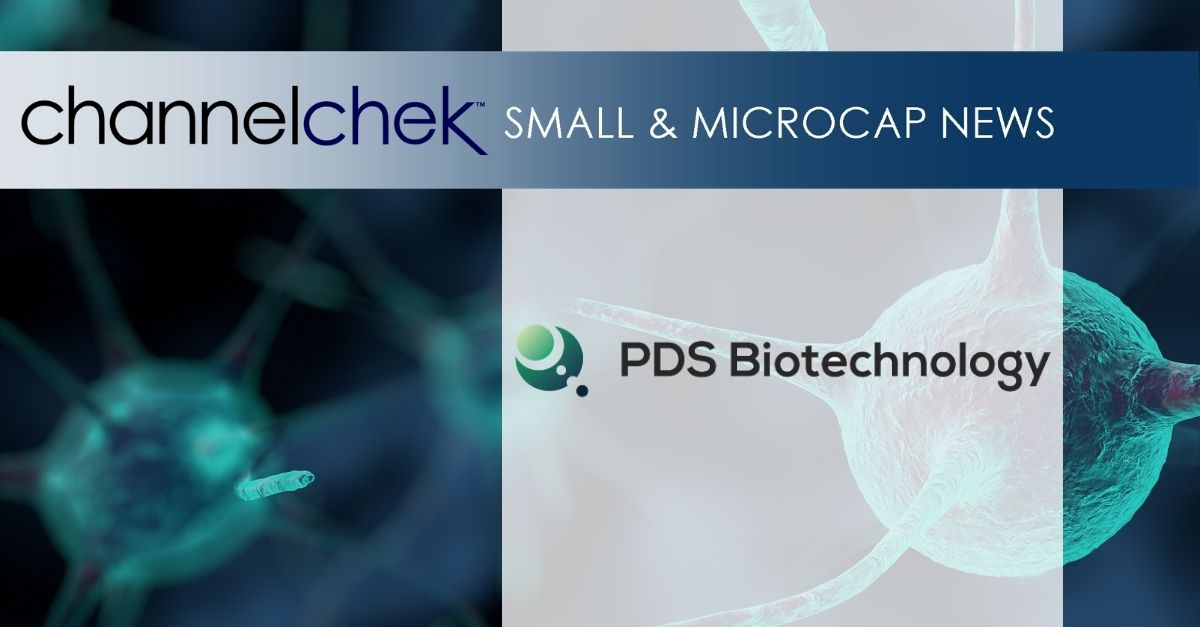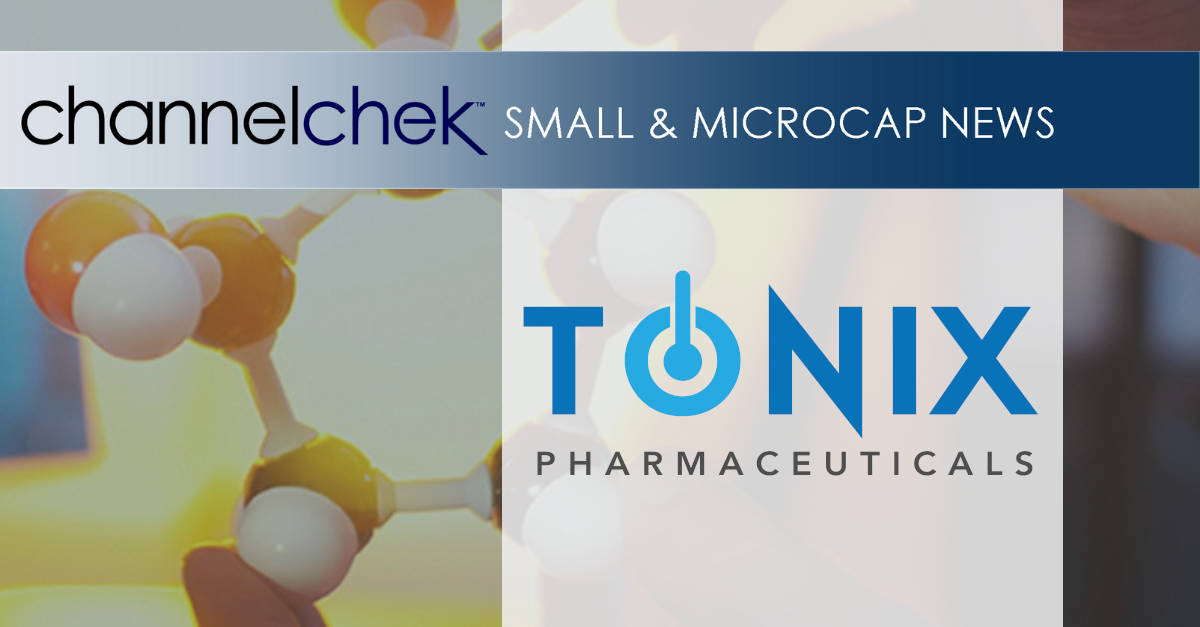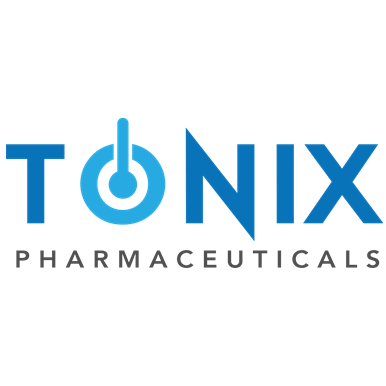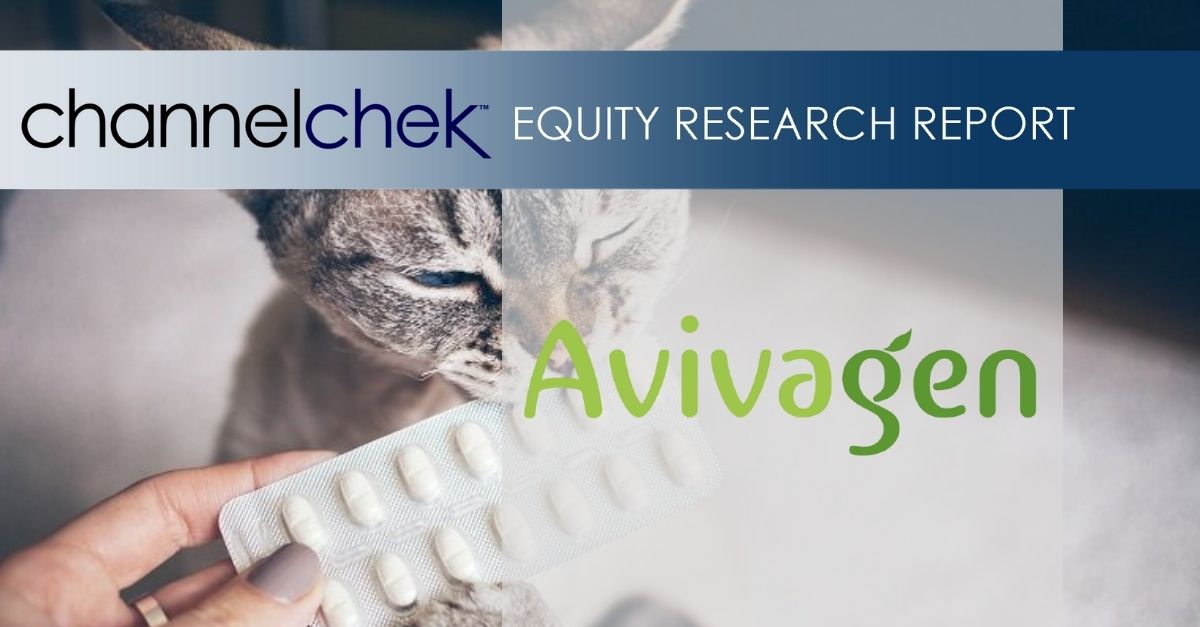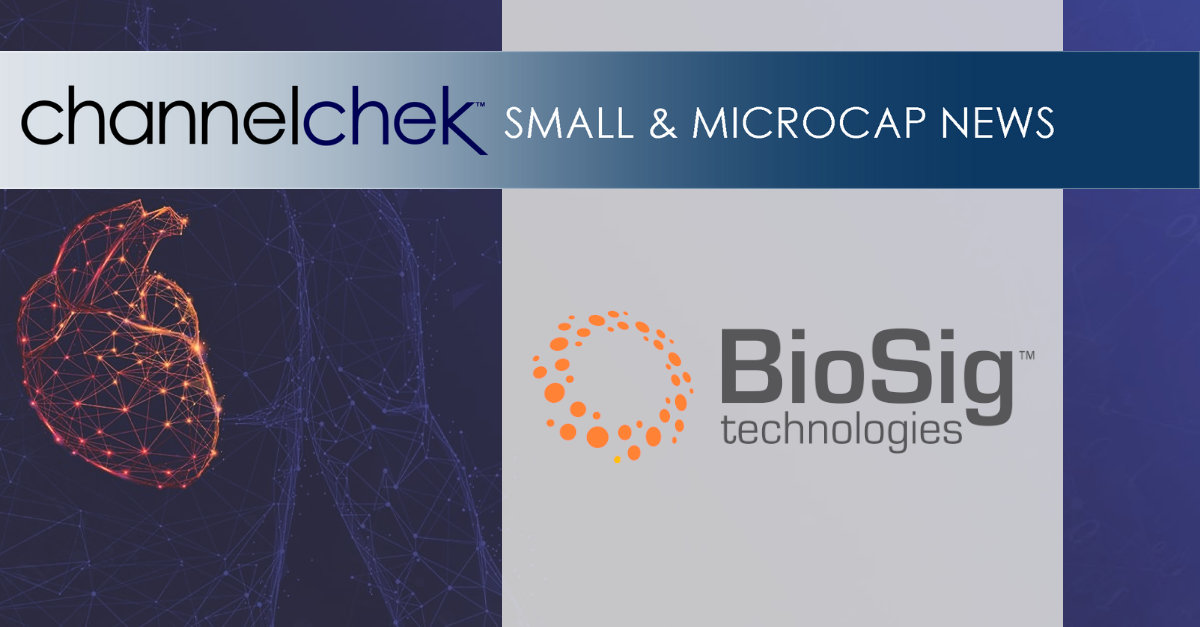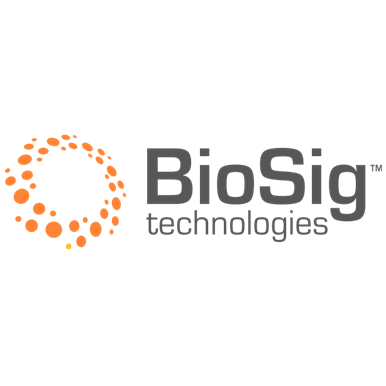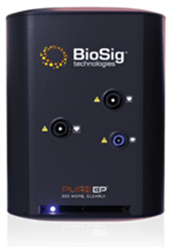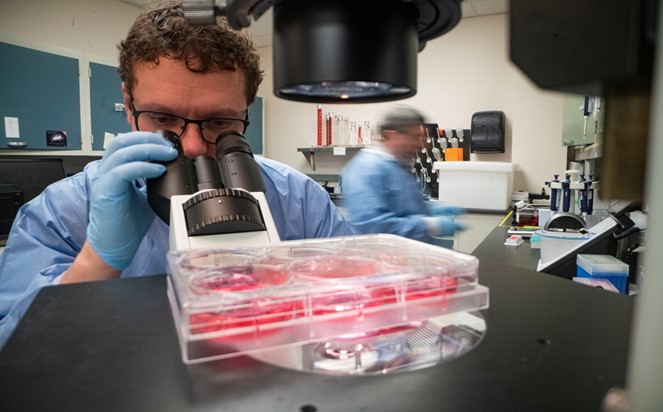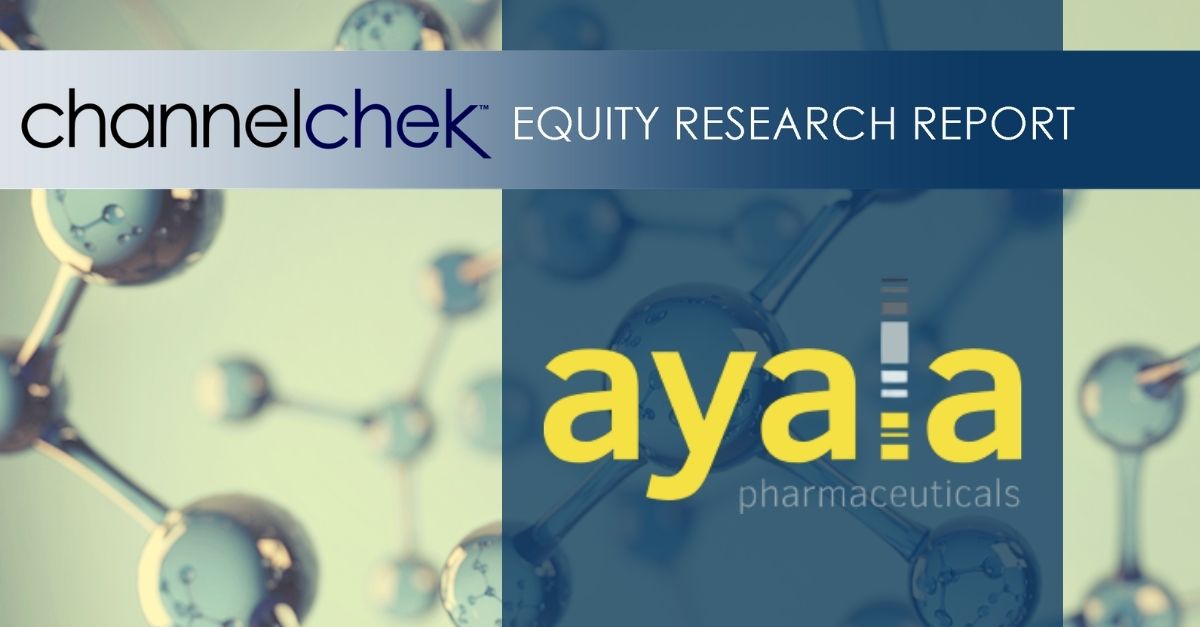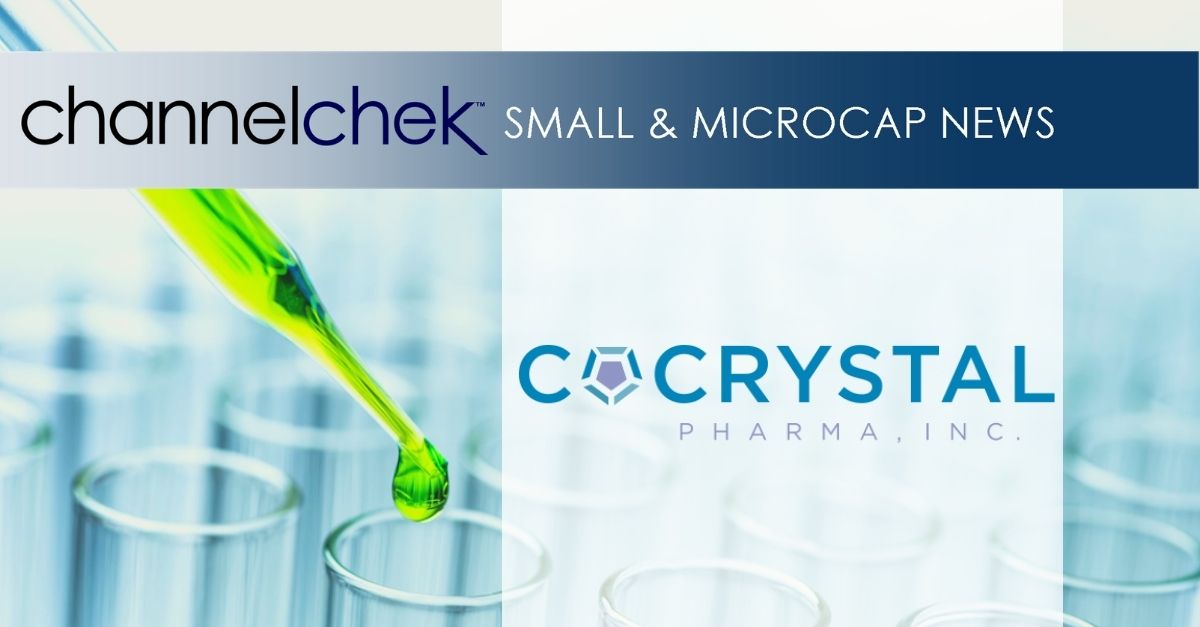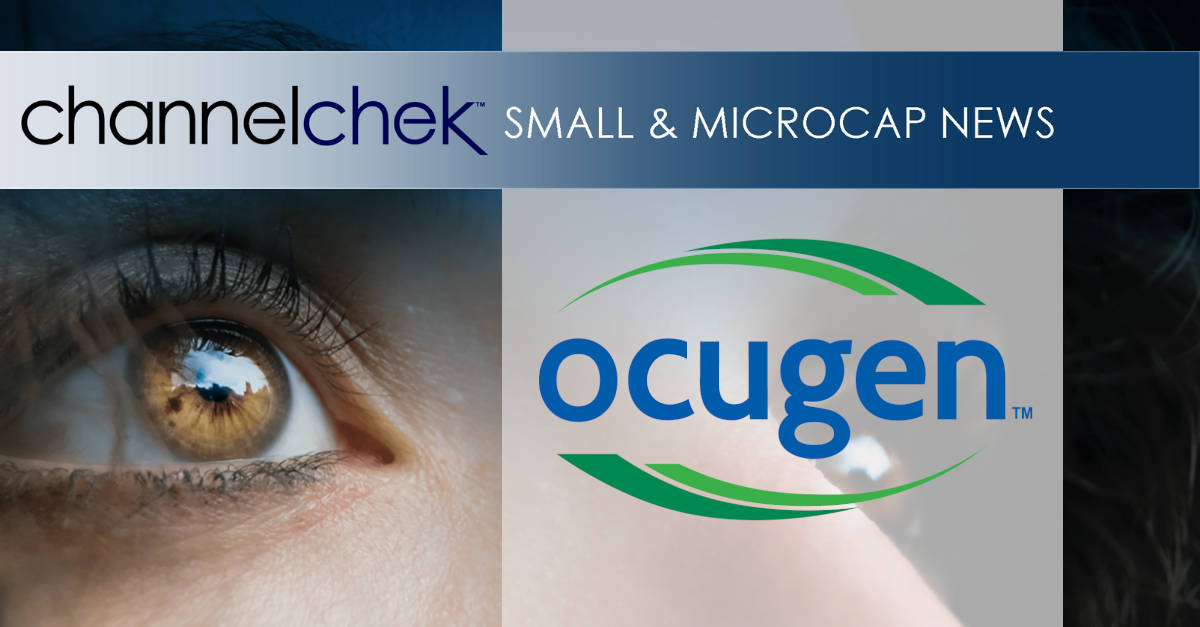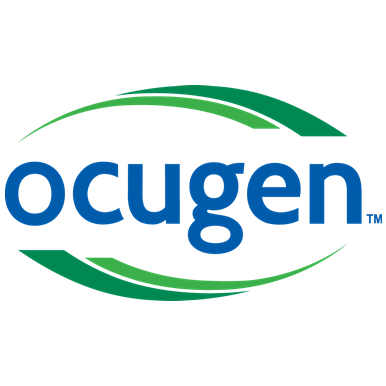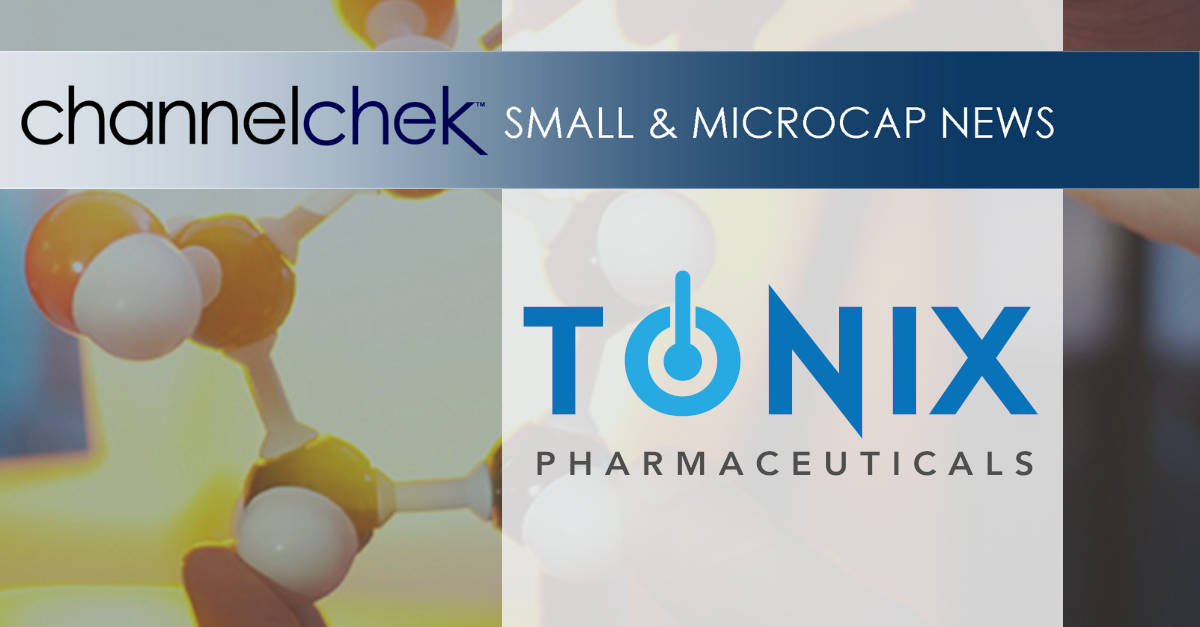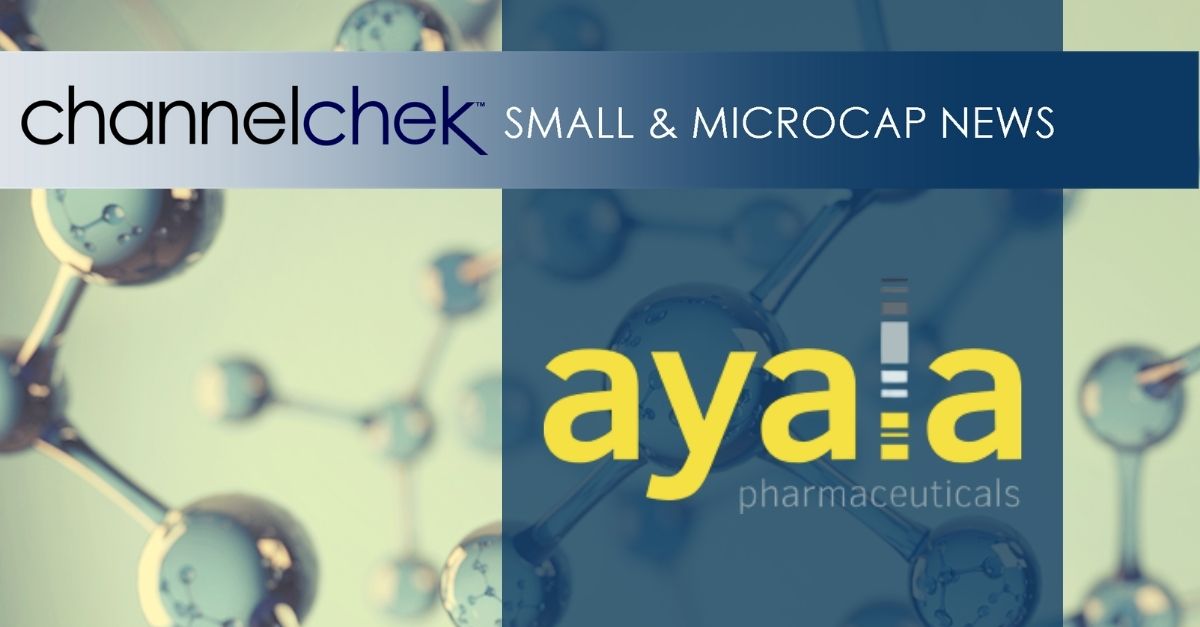
Research, News, and Market Data on PDSB
Conference to focus upon improving patient experience for difficult-to-treat cancer
FLORHAM PARK, N.J., Oct. 25, 2022 (GLOBE NEWSWIRE) — PDS Biotechnology Corporation (Nasdaq: PDSB), a clinical-stage immunotherapy company developing a growing pipeline of targeted immunotherapies for cancer and infectious disease, today announced that Chief Medical Officer, Dr. Lauren V. Wood, will speak at the 2022 International Head and Neck Conference. The conference, being held in Sunderland, United Kingdom, on November 8-9, is organized by The Swallows Head and Neck Cancer Group to bring together health professionals, patients, caregivers and survivors to improve the journey for those impacted by head and neck cancer.
“Our conference will challenge everyone to think differently on how to improve the quality of life from diagnoses to survivorship and beyond. Dr. Wood is a world-renowned physician and immunologist who is passionate about improving patient care and we are delighted to have her as a speaker,” said Chris Curtis, CEO of The Swallows, a UK-based charity group formed to provide support for patients and caregivers dealing with head and neck cancer.
“PDS Biotech and The Swallows are both focused on improving the experience for patients impacted by head and neck cancer. I am looking forward to an engaging discussion with researchers, current patients and survivors on how we can bring improved treatment options to these patients,” said Dr. Lauren V. Wood, Chief Medical Officer of PDS Biotech.
PDS Biotech’s lead asset, PDS0101, is a novel investigational human papilloma virus (HPV)-targeted immunotherapy that stimulates a potent targeted T cell attack against HPV-positive cancers. PDS0101 is being studied in combination with Merck & Co.’s KEYTRUDA® (pembrolizumab) in patients with HPV16-positive recurrent and/or metastatic head and neck cancer in the company’s VERSATILE-002 study. VERSATILE-002, is an ongoing Phase 2 study with active clinical sites in the US and Europe. Preliminary data from the first 19 patients in VERSATILE-002 were presented earlier this year at the American Society for Clinical Oncology’s annual meeting demonstrating that 41% of patients achieved an objective response, comparing favorably to the response rate of 19% with KEYTRUDA® monotherapy for patients with CPS Score >1 as reported in KEYNOTE-048 with no increase in toxicity.
About PDS Biotechnology
PDS Biotech is a clinical-stage immunotherapy company developing a growing pipeline of targeted cancer and infectious disease immunotherapies based on our proprietary Versamune® and Infectimune™ T cell-activating technology platforms. We believe our targeted Versamune® based candidates have the potential to overcome the limitations of current immunotherapy by inducing large quantities of high-quality, potent polyfunctional tumor specific CD4+ helper and CD8+ killer T cells. To date, our lead Versamune® clinical candidate, PDS0101, has demonstrated the potential to reduce tumors and stabilize disease in combination with approved and investigational therapeutics in patients with a broad range of HPV-positive cancers in multiple Phase 2 clinical trials. Our Infectimune™ based vaccines have also demonstrated the potential to induce not only robust and durable neutralizing antibody responses, but also powerful T cell responses, including long-lasting memory T cell responses in pre-clinical studies to date. To learn more, please visit www.pdsbiotech.com or follow us on Twitter at @PDSBiotech.
About PDS0101
PDS Biotech’s lead candidate, PDS0101, combines the utility of the Versamune® platform with targeted antigens in HPV-positive cancers. In partnership with Merck & Co., PDS Biotech is evaluating a combination of PDS0101 and KEYTRUDA® in a Phase 2 study in first-line treatment of recurrent or metastatic head and neck cancer, and also in second line treatment of recurrent or metastatic head and neck cancer in patients who have failed prior checkpoint inhibitor therapy. A Phase 2 clinical study is also being conducted in both second- and third-line treatment of multiple advanced HPV-positive cancers in partnership with the National Cancer Institute (NCI). A third Phase 2 clinical trial in first line treatment of locally advanced cervical cancer is being performed with The University of Texas, MD Anderson Cancer Center. A final Phase 2 clinical trial of PDS0101 monotherapy in first line treatment of newly diagnosed patients HPV16-positive head and neck cancer patients is being conducted at the Mayo Clinic.
KEYTRUDA® is a registered trademark of Merck Sharp and Dohme LLC, a subsidiary of Merck & Co., Inc., Rahway, NJ, USA.
About The Swallows
The Swallows Head and Neck Cancer Group is a UK-based charity supporting all people affected by head and neck cancers: patients, caregivers, friends, or relatives. We provide 24/7 support to every person affected by head and neck cancer. Each month we hold several face-to-face Support Groups across the UK, along with a monthly virtual meeting which can be accessed across the globe. Meetings give both patients, caregivers the opportunity to discuss their issues, seek new ideas and help problem solve what they are going through. Each November, we host an International Head & Neck Cancer Conference where we bring together those affected by head and neck cancer, health professionals and inspirational speakers. Given the importance of early diagnosis, we offer a full range of information leaflets, posters, and books to help educate and inform people about head and neck cancer, including how to avoid such cancers, and how to look for warning signs that allow for early diagnosis and treatment. To learn more, please visit our website at The Swallows Head & Neck Cancer Support Group or follow us on Twitter at @swallowsgroup.
Forward Looking Statements
This communication contains forward-looking statements (including within the meaning of Section 21E of the United States Securities Exchange Act of 1934, as amended, and Section 27A of the United States Securities Act of 1933, as amended) concerning PDS Biotechnology Corporation (the “Company”) and other matters. These statements may discuss goals, intentions and expectations as to future plans, trends, events, results of operations or financial condition, or otherwise, based on current beliefs of the Company’s management, as well as assumptions made by, and information currently available to, management. Forward-looking statements generally include statements that are predictive in nature and depend upon or refer to future events or conditions, and include words such as “may,” “will,” “should,” “would,” “expect,” “anticipate,” “plan,” “likely,” “believe,” “estimate,” “project,” “intend,” “forecast,” “guidance”, “outlook” and other similar expressions among others. Forward-looking statements are based on current beliefs and assumptions that are subject to risks and uncertainties and are not guarantees of future performance. Actual results could differ materially from those contained in any forward-looking statement as a result of various factors, including, without limitation: the Company’s ability to protect its intellectual property rights; the Company’s anticipated capital requirements, including the Company’s anticipated cash runway and the Company’s current expectations regarding its plans for future equity financings; the Company’s dependence on additional financing to fund its operations and complete the development and commercialization of its product candidates, and the risks that raising such additional capital may restrict the Company’s operations or require the Company to relinquish rights to the Company’s technologies or product candidates; the Company’s limited operating history in the Company’s current line of business, which makes it difficult to evaluate the Company’s prospects, the Company’s business plan or the likelihood of the Company’s successful implementation of such business plan; the timing for the Company or its partners to initiate the planned clinical trials for PDS0101, PDS0203 and other Versamune® and Infectimune™ based product candidates; the future success of such trials; the successful implementation of the Company’s research and development programs and collaborations, including any collaboration studies concerning PDS0101, PDS0203 and other Versamune® and Infectimune™ based product candidates and the Company’s interpretation of the results and findings of such programs and collaborations and whether such results are sufficient to support the future success of the Company’s product candidates; the success, timing and cost of the Company’s ongoing clinical trials and anticipated clinical trials for the Company’s current product candidates, including statements regarding the timing of initiation, pace of enrollment and completion of the trials (including the Company’s ability to fully fund its disclosed clinical trials, which assumes no material changes to our currently projected expenses), futility analyses, presentations at conferences and data reported in an abstract, and receipt of interim or preliminary results (including, without limitation, any preclinical results or data), which are not necessarily indicative of the final results of the Company’s ongoing clinical trials; any Company statements about its understanding of product candidates mechanisms of action and interpretation of preclinical and early clinical results from its clinical development programs and any collaboration studies; and other factors, including legislative, regulatory, political and economic developments not within the Company’s control, including unforeseen circumstances or other disruptions to normal business operations arising from or related to COVID-19. The foregoing review of important factors that could cause actual events to differ from expectations should not be construed as exhaustive and should be read in conjunction with statements that are included herein and elsewhere, including the risk factors included in the Company’s annual and periodic reports filed with the SEC. The forward-looking statements are made only as of the date of this press release and, except as required by applicable law, the Company undertakes no obligation to revise or update any forward-looking statement, or to make any other forward-looking statements, whether as a result of new information, future events or otherwise.
Versamune® is a registered trademark and Infectimune™ is a trademark of PDS Biotechnology.
Investor Contacts:
Deanne Randolph
PDS Biotech
Phone: +1 (908) 517-3613
Email: drandolph@pdsbiotech.com
Rich Cockrell
CG Capital
Phone: +1 (404) 736-3838
Email: pdsb@cg.capital
Media Contacts:
Dave Schemelia
Tiberend Strategic Advisors, Inc.
Phone: +1 (609) 468-9325
Email: dschemelia@tiberend.com
Bill Borden
Tiberend Strategic Advisors, Inc.
Phone: +1 (732) 910-1620
Email: bborden@tiberend.com
The Swallows Contact:
Chris Curtis
The Swallows CEO and World Head & Neck Cancer Advocate
Phone: +44 (0)7779 169 833
Email: chris@ccconsultant.co.uk
